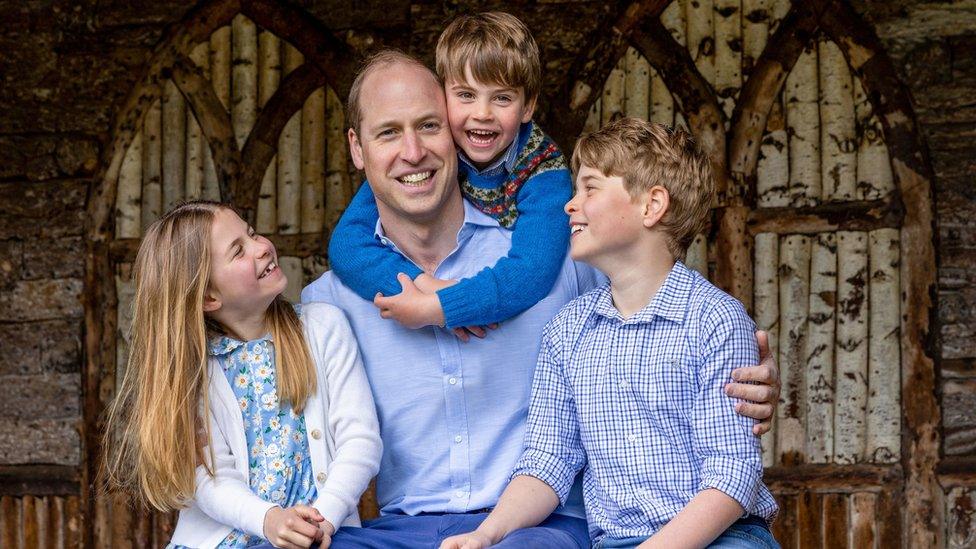Number of London rough sleepers up by fifth - data
- Published
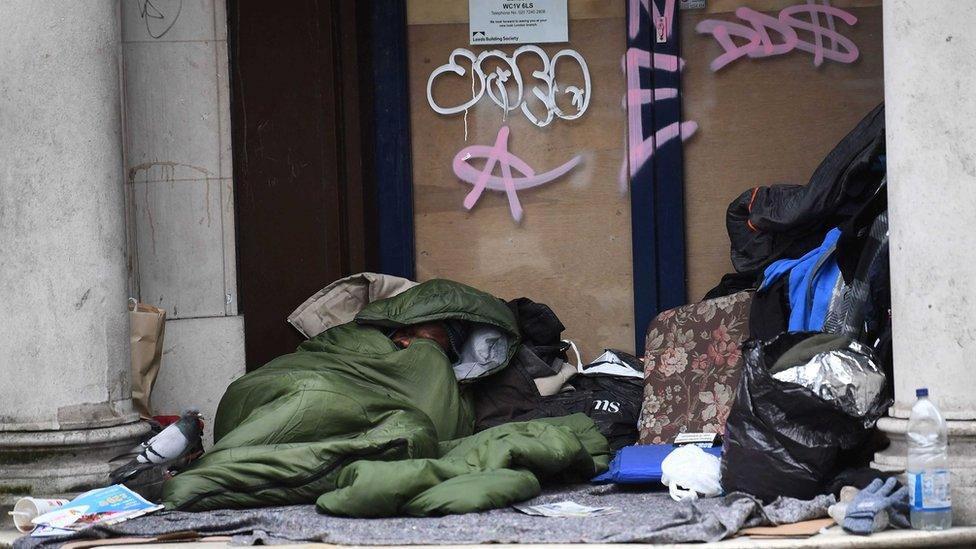
The report found that 10,053 people were seen sleeping on the streets in London between April 2022 and March
The number of rough sleepers in London has risen by more than a fifth in the past year, the latest figures show.
People sleeping rough for the first time also rose by more than a quarter, according to the Combined Homelessness and Information Network (Chain) report.
Homelessness charity St Mungo's branded it a "tragic reflection" of the cost-of-living crisis and lack of affordable housing.
London Mayor Sadiq Khan described the rise as "extremely alarming".
He said that despite previous progress, "extraordinary financial pressures are putting the poorest Londoners at growing risk of homelessness" and re-stated he would like to be handed powers from the government to bring in rent controls.
On Monday, Prince William began a campaign aiming to end homelessness.
During the launch, the Prince of Wales announced the first of the flagship areas where he hopes to end homelessness with his new Homewards project.
Lambeth is among six locations where new partnerships will be forged between councils, businesses, charities and individuals during the five-year initiative, which aims to see homelessness as something rare, brief and unrepeated.
The latest homelessness figures, released in a report commissioned and funded by the Greater London Authority (GLA), found that 10,053 people were seen sleeping on the streets between April 2022 and March this year.
This figure was up by almost 21% from 8,329 in the same period a year before.
First time rough sleepers in London rose to 6,391 - an almost 26% rise compared with 5,091 from the same period in 2021/22.
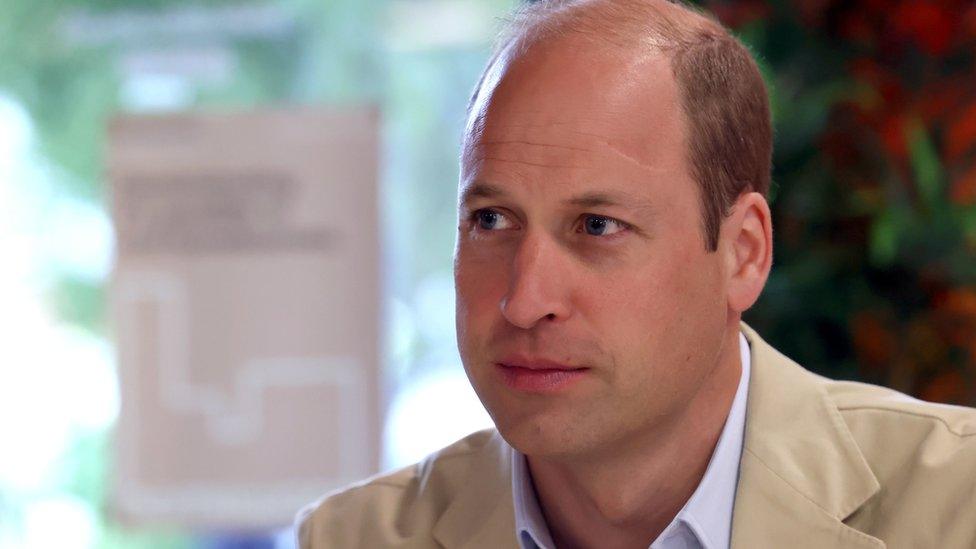
On Monday, the prince announced his five-year project aiming to end homelessness
And some 2,084 people had been seen rough sleeping for at least two consecutive years, it found.
After more than a year without sleeping rough, 1,578 people returned to the streets, it discovered.
The number of people in this situation increased by almost a third (31%) from 1,205 the previous year.
The legal definition of homelessness is that a household has no home available and reasonable to occupy.
Rough sleeping is one kind of homelessness, with other situations including someone in temporary accommodation, living in inadequate housing, or staying with family and friends in what is known as sofa-surfing.
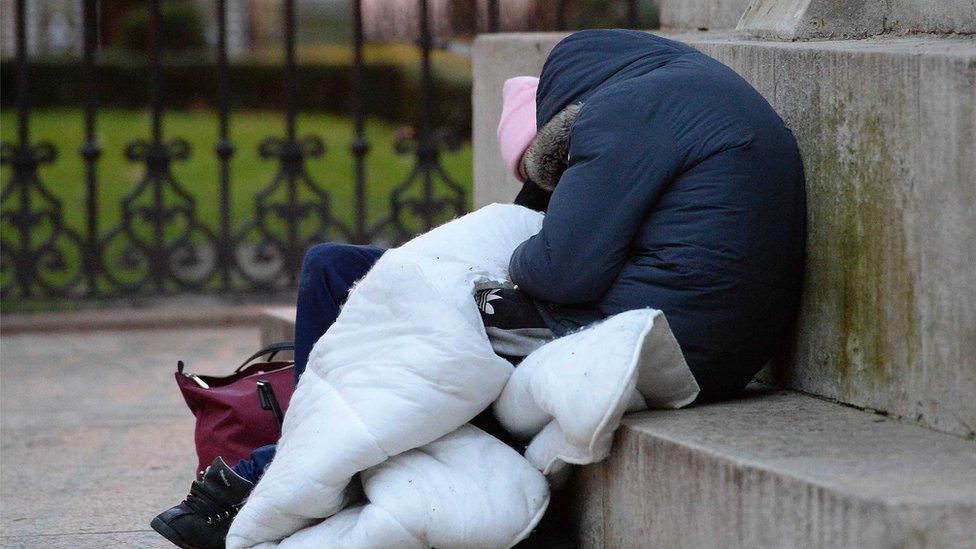
Homelessness charity St Mungo's said the report was a "tragic reflection" of the cost-of-living crisis and lack of affordable housing
Emma Haddad, CEO of St Mungo's, said: "The shrinking supply of affordable homes in the private rented sector, and the chronic undersupply of social housing, means people are struggling to find and keep somewhere to live."
She added that without "immediate intervention, the number of people sleeping rough will continue to rise".
Mr Khan added ministers must "get a grip on the cost-of-living crisis and restore the social security safety net which stops people becoming trapped in a cycle of homelessness".
"They must also invest in new council and genuinely affordable homes and restore London Housing Allowance rates to the 30th percentile of market rents. Ministers should also give me the power to introduce a system of rent controls that work for London."
In September, the government published its Ending Rough Sleeping For Good strategy, which restated its 2019 manifesto commitment to end rough sleeping by the end of this Parliament.
A spokeswoman for the Department for Levelling Up, Housing and Communities previously welcomed the prince's initiative to end homelessness.
"We are giving councils £2bn over three years, to help them tackle homelessness and rough sleeping, targeted to areas where it is needed most," she said.

Follow BBC London on Facebook, external, Twitter , externaland Instagram, external. Send your story ideas to hellobbclondon@bbc.co.uk
- Published26 June 2023
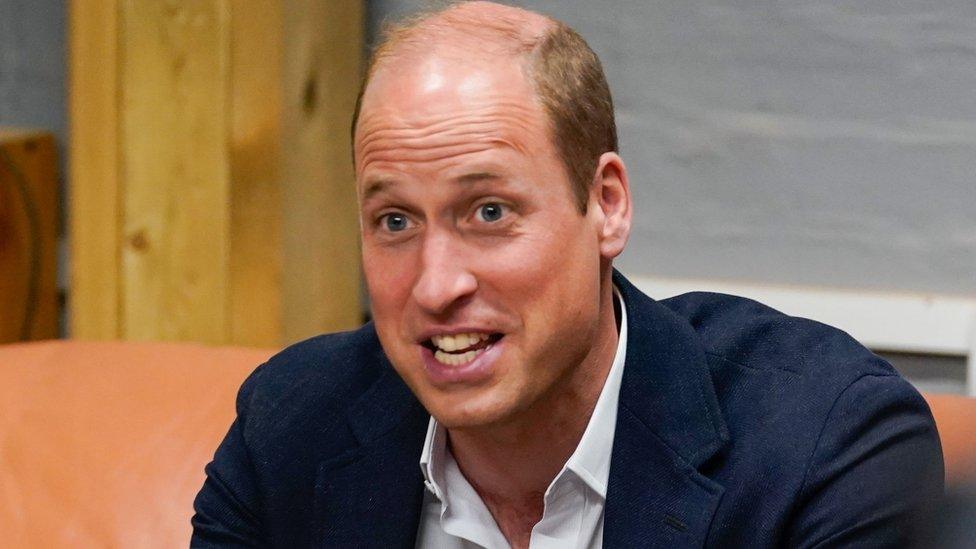
- Published23 June 2023
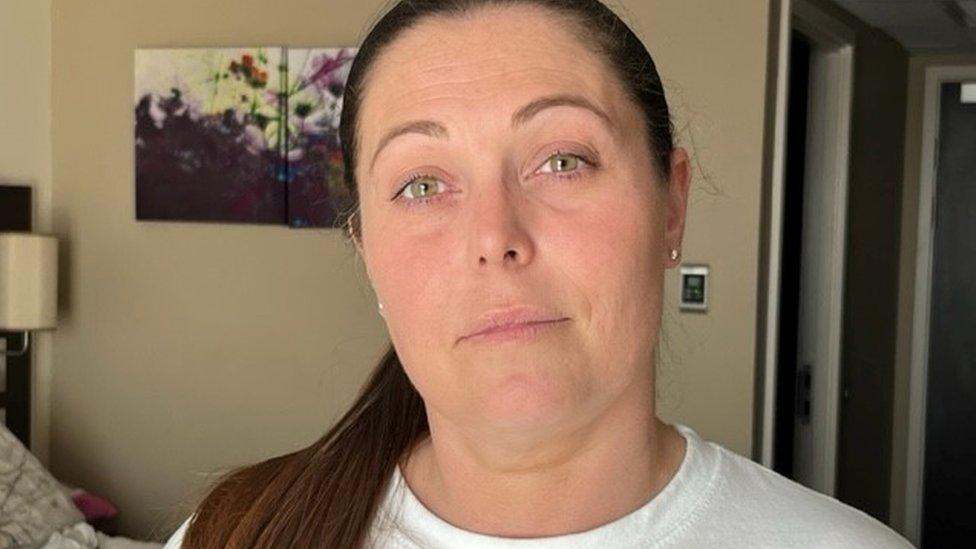
- Published18 June 2023
